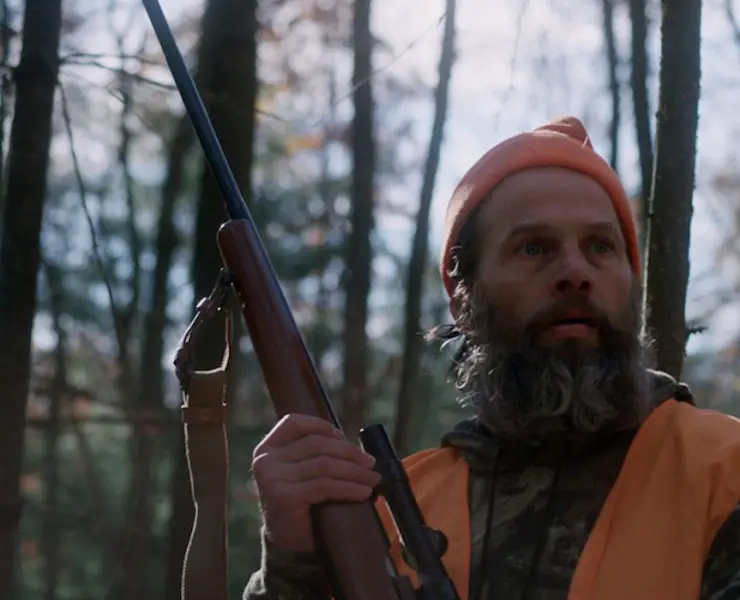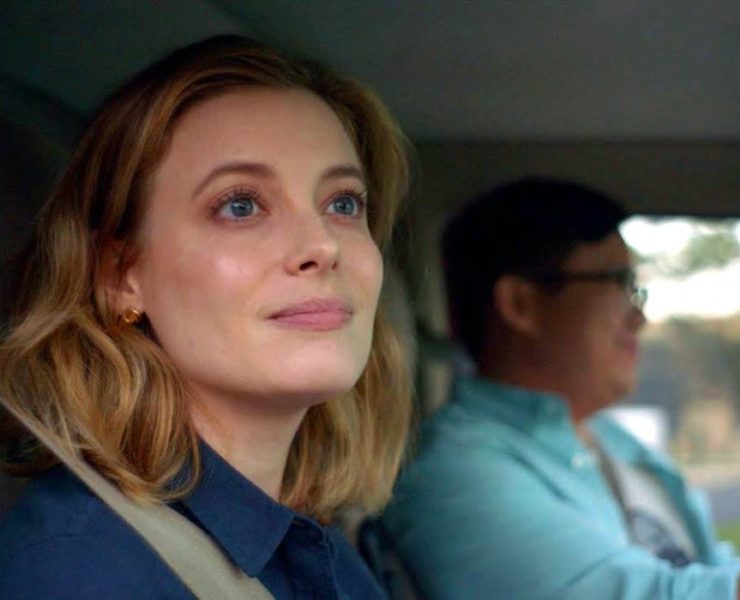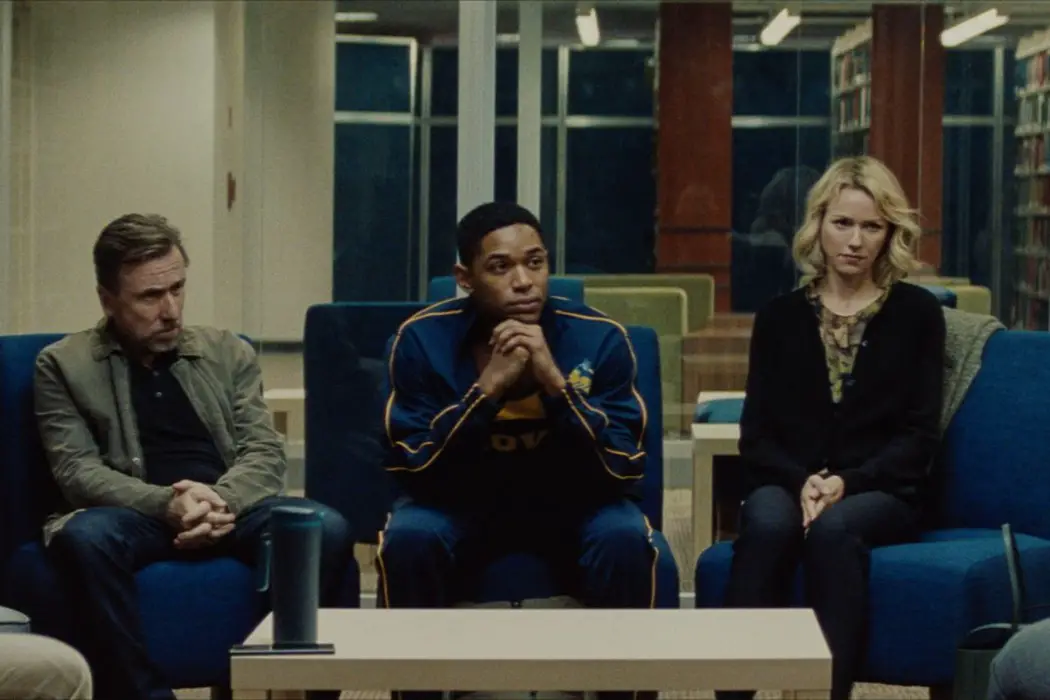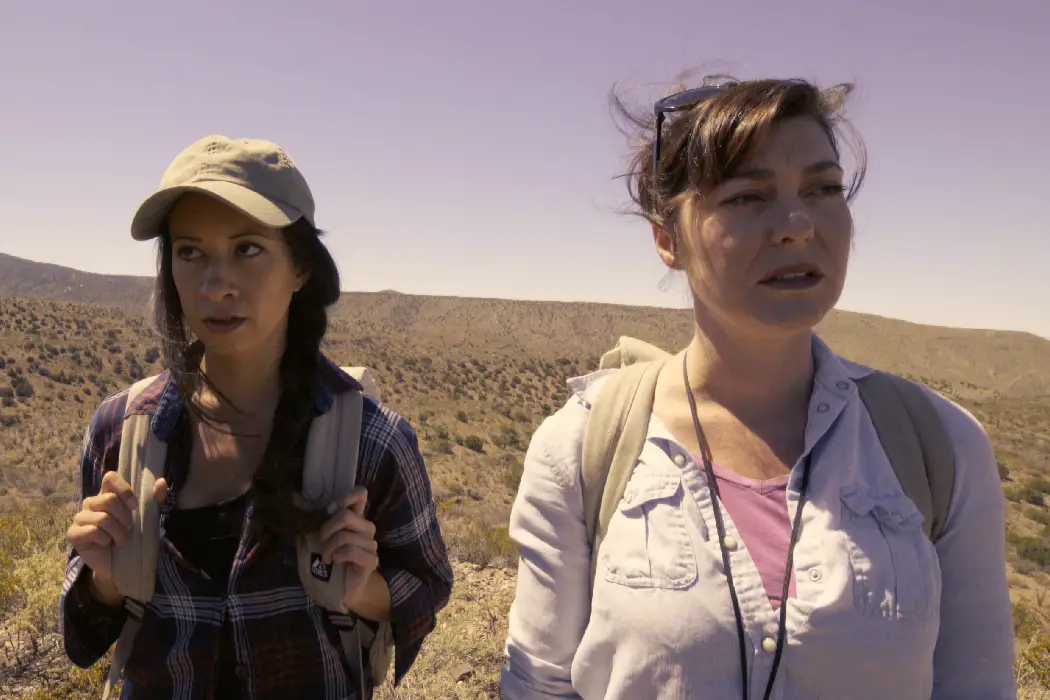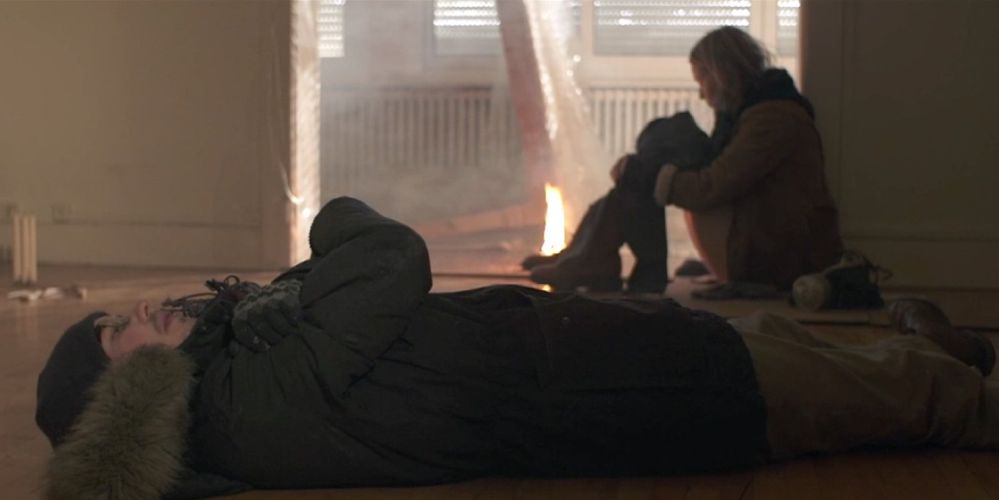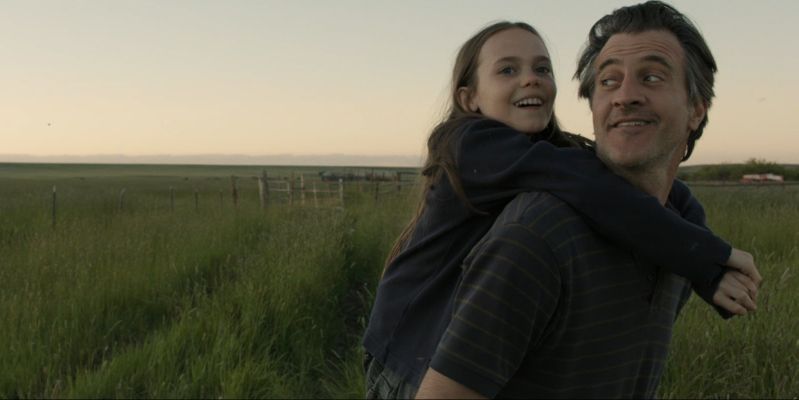indie
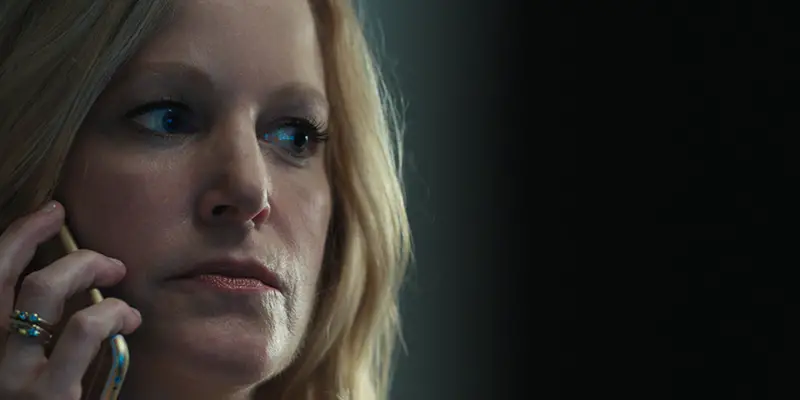
Meera Menon’s film Equity manages to tick a lot of boxes off in terms of the kind of characters it depicts and focuses on, from having a female lead (an incomparably skillful Anna Gunn, best-known for Breaking Bad), to a female ensemble, to numerous women behind the camera (led by director Menon, helming her second feature). One of many truly impressive feats the film manages to pull off is that it not once feels like it’s ticking any boxes – that the film is inclusionary of layered, dimensional female characters is of course, noteworthy, but it is one of its many strengths. Chief among these strengths is the compelling narrative, which starts from the screenplay (credited to Amy Fox, story by Sarah Megan Thomas, also onboard as a producer and co-star, with producer and co-star Alysia Reiner), and is bolstered by Menon’s capable direction, Gunn and the ensembles’ applause-worthy performances.
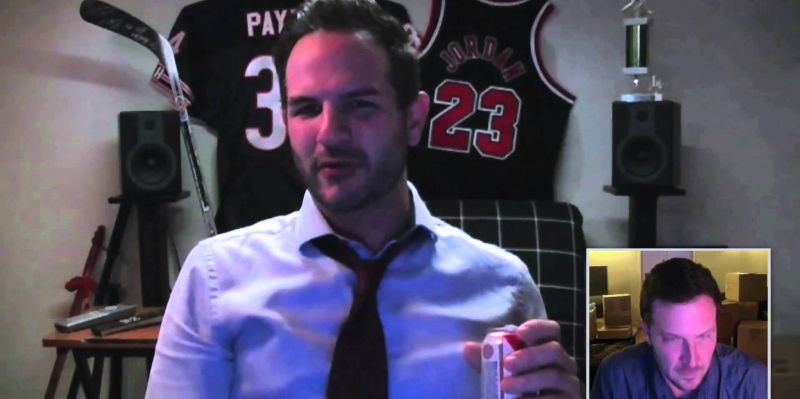
In Matthew Solomon’s Chatter, Agent Martin Takagi (Tohoru Masamune) comes across the intimate video chats of married couple while monitoring Internet traffic for the Department of Homeland Security. The married couple, played by Brady Smith and Sarena Khan, begin to discover that their new home is haunted. In the same vein of horror films such as Paranormal Activity and the more recent Unfriended, the mechanics within this film felt familiar.
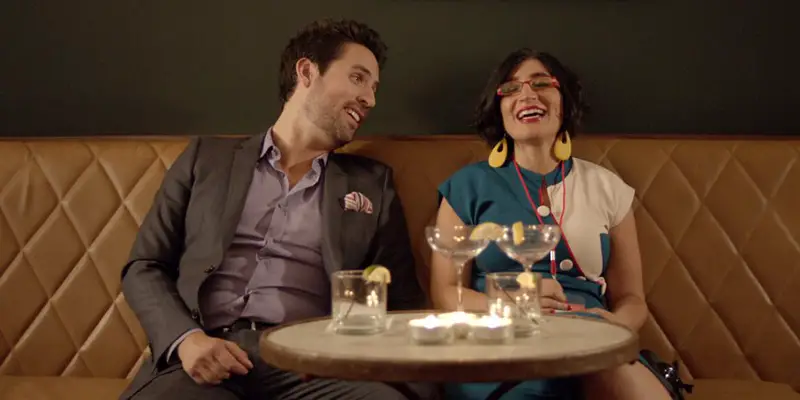
3rd Street Blackout is an independent romantic comedy written, directed by and starring Negin Farsad (as Mina) and Jeremy Redleaf (as Rudy). The film explores the trials one tech-savvy couple endures during the midst of a post hurricane blackout in an urban New York City neighborhood. It also features Ed Weeks (as Nathan Blonket) and a brief appearance by Janeane Garofalo (as June Sherman).
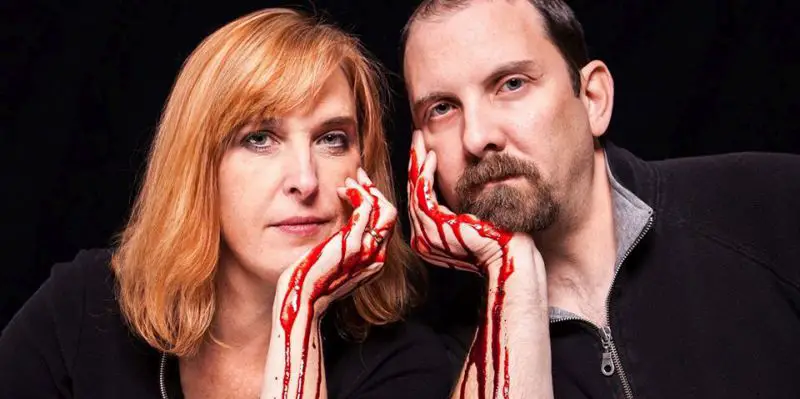
PJ Woodside and her partner, Steve Hudgins at Big Biting Pig Productions in Madisonville, KY are creating quite a stir in the independent horror scene. They’ve put out a film a year for the last decade. Their most recent film, Frances Stein, was recently released on Amazon Prime and has been getting a steady stream of five star reviews.
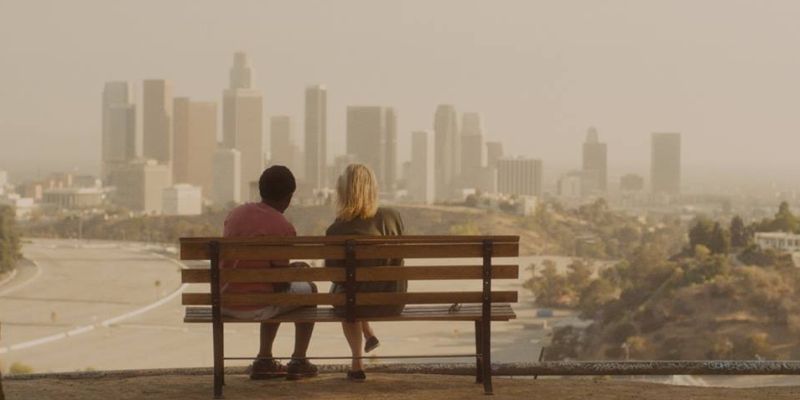
You may be wondering why you are reading a review for a film initially slated for release in 2014, after its première at the Los Angeles film festival, in the here and now of 2016. It tells us a lot about contemporary cinema and the struggle independent films face in finding distribution that this well-made film has waited two years for a wider release when there have been countless lesser films clogging our screens in the intervening time. It has been with the recent support of Ava DuVernay’s company ARRAY that Echo Park has found a cinematic release in LA and New York as well as an international release through Netflix and, if you are looking for something different to the sometimes saccharine cuteness of US indie romances, I would encourage you to seek this film out.
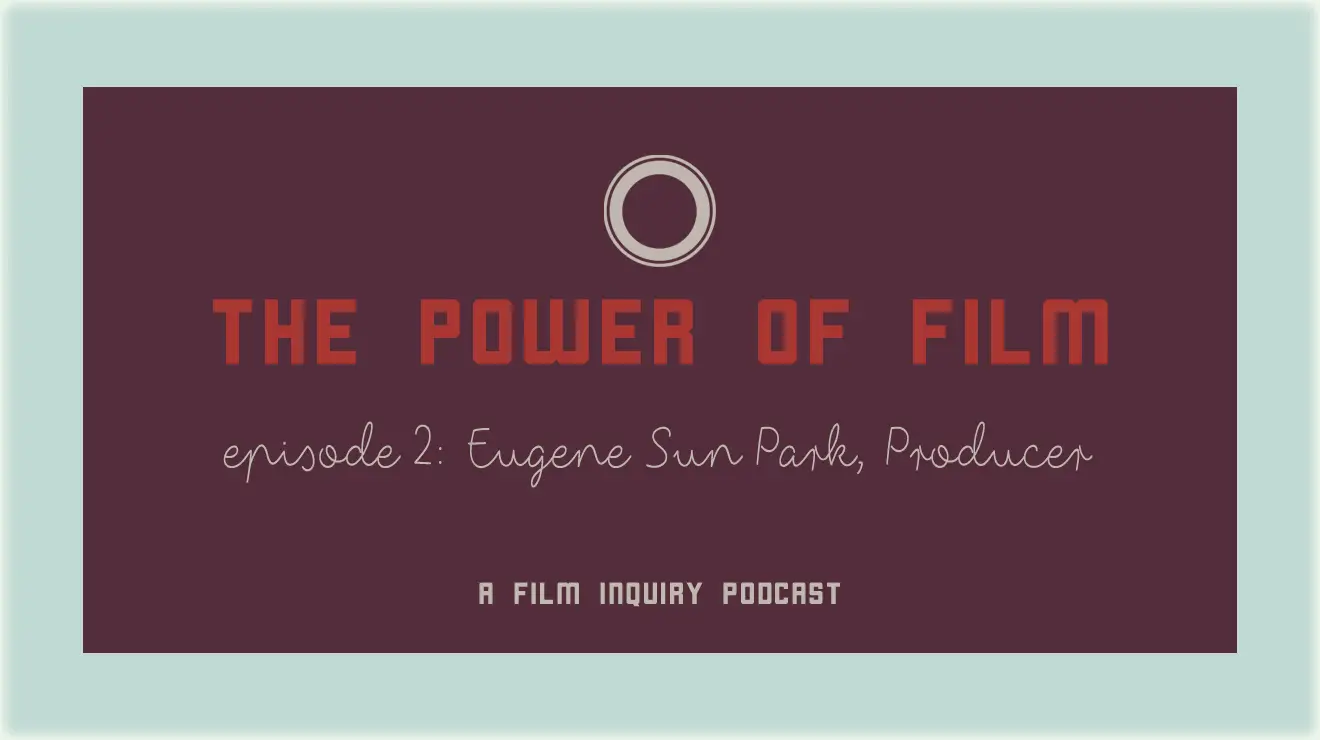
In this episode of The Power of Film, I had the pleasure of speaking with Eugene Sun Park, who is a producer and experimental filmmaker in Chicago. We got to chat about the Chicago film industry (and how it differs from Hollywood), his production company Full Spectrum Features and supporting filmmakers of all kinds, the film he’s producing and currently crowdfunding, Signature Move, as well as the awkward, awkward moment at the Oscars where Chris Rock brought out three stereotypical Asian American kids, and no one thought to maybe scrap that, beforehand. Upcoming film:
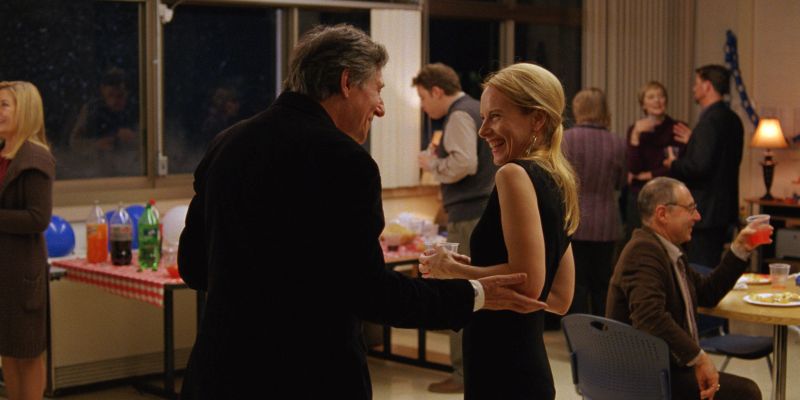
Is it possible for a contemporary America drama dealing with grief not be referred to using the “post-9/11” prefix? Louder Than Bombs charts the emotional complexities of a middle-class New York family as a retrospective article about their deceased war photographer mother/wife is published in the New York Times, resurfacing their most base fragilities. There is nothing in the film that remotely refers back to that harrowing event in American history, yet for many audiences it’s embedded in the subtext – New Yorkers who are confused how to react after this unexpected turbulent event in their lives.
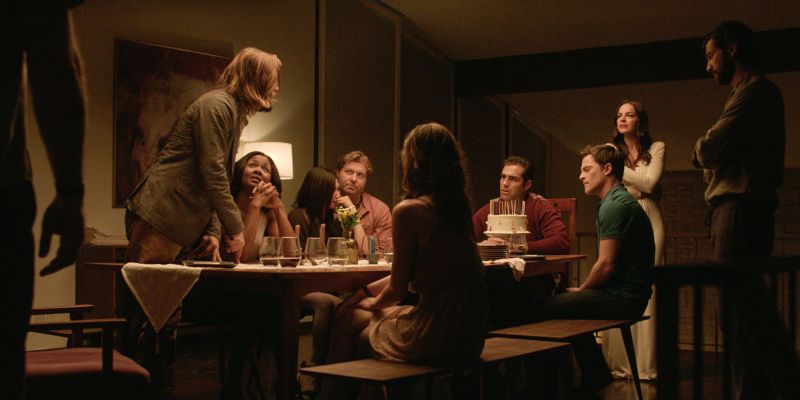
Two years after his ex-wife disappeared, Will (Logan Marshall-Green) and his new girlfriend Kira (Emayatzy Corinealdi) get an invitation to a dinner party his ex-wife is throwing out of the blue. The couple is hesitant, the invitation is too elaborately fancy, and it all feels slightly off, especially after such a long time of complete silence. On their way to the party, they hit a coyote, which Will kills out of mercy.
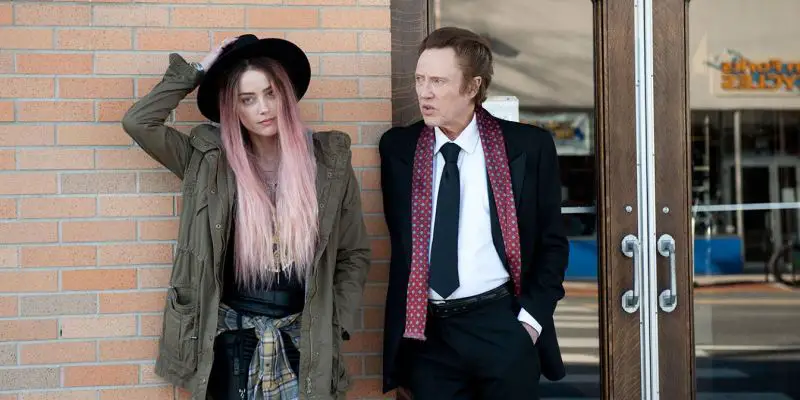
A subtle yet intriguing glimpse at family built on celebrity, One More Time spins a much darker story into a lighthearted drama. Indie earmarks set the tone of the film, as the dialogue-driven character study deftly navigates each family member’s individual flaws while also allowing for a lasting bond with the audience. Pepper in the oddball charm of its male star alongside a borderline Gen X female protagonist, and the foundation is set for a well-crafted, yet easy-on-the-emotions watch.


